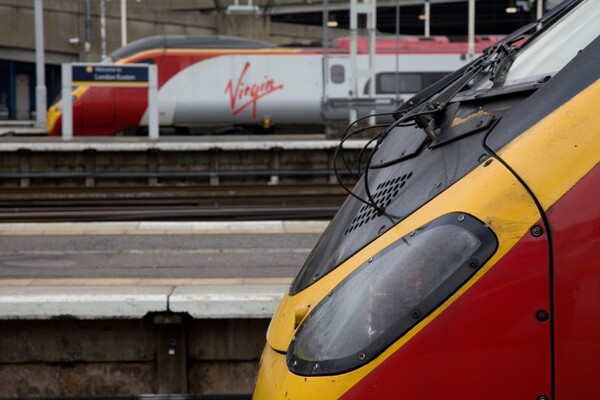‘Travel's voice has been heard, but don't expect too much from Wednesday's Budget’
 Luke Petherbridge
Luke PetherbridgeThis week’s Budget comes against the backdrop of the country entering a technical recession, the chancellor Jeremy Hunt signalling there is little headroom for tax cuts or new spending commitments, and the spectre of a general election looming large.
As a result, I would not expect to see many giveaways to business on Wednesday (6 March) when Hunt addresses parliament.
In fairness, the government would no doubt remind us that business and growth were core focuses of November’s Autumn Statement.
They would likely point to measures such as confirmation of the retail business rates relief extension, which Abta campaigned for alongside other bodies across the sector, as one that will benefit many high street businesses – including travel agencies.
There were also the 110 growth-focused measures, including a commitment to exploring new and expanded youth mobility deals – another strategic priority for Abta – so there are signs our industry’s asks have been heard.
Mixed outlook
However, those previous moves do not alter the extremely challenging conditions travel and tourism businesses are operating under.
Everyone reading this will be familiar with the geopolitical and economic headwinds the economy is facing – continuation of the war in Ukraine, unrest and uncertainty around the Middle East, and a cost-of-living crisis with high inflation and a tight labour market.
Delegates at Abta’s Travel Finance conference last week will also have heard KPMG’s economist state the excess savings generated throughout the pandemic are now largely spent, which could be a further sign of a coming squeeze on consumer spending.
That’s all pretty depressing.
Fortunately, the broader economic picture does appear to improving. Inflation is falling, the labour market crunch – with demand far exceeding supply – is unwinding, and there are signs that growth, although at historically low levels, is about to return to the UK economy.
We all know the travel industry has been remarkably resilient to date. We have seen demand bounce back strongly, and overall demand is lagging only slightly behind 2019 levels, with full recovery expected in 2025.
So, when travel industry leaders – and those working in the industry – tune into the Budget on Wednesday, what should they be looking out for?
Election precursor
In an election year, the chancellor will undoubtedly want to be able to say he is putting money back into the pockets of the British public. That task is made much harder by the independent forecasts of the Office for Budget Responsibility, which show the coffers are sparse.
We will almost certainly see some form of personal tax cut. The speculation so far has been around further cuts to National Insurance, which was already cut by two percentage points in November.
The question there for the chancellor is likely to be around cut-through, as that move didn’t seem to gain the government much credit. A decision to cut income tax instead would be more visible, but costlier – around £7 billion per 1p cut in the basic rate.
Elsewhere, we might also see some measures to raise revenue, with talk of a tax on disposable vapes, and perhaps even a move to restrict non-Dom status.

The precise measures are perhaps less important for our sector – setting aside your own personal circumstances, of course – than the overall framing that will accompany the announcements. That message will be around reducing taxes and a desire to enable people to spend more of their money as they choose.
The critical question for us all as we approach the summer season, and the one that will ultimately decide the fate of the current government, is do people really feel better off as a result?
One final thing to look out for is whether the scale of the giveaways on offer feel like a final pitch to the public, or might there be more to come? The judgement on that point will tell us quite a bit about the timing of the coming general election.
Luke Petherbridge is Abta’s director of public affairs.
Sign up for weekday travel news and analysis straight to your inbox

Luke Petherbridge
Supplier Directory
Find contacts for 260+ travel suppliers. Type name, company or destination.












